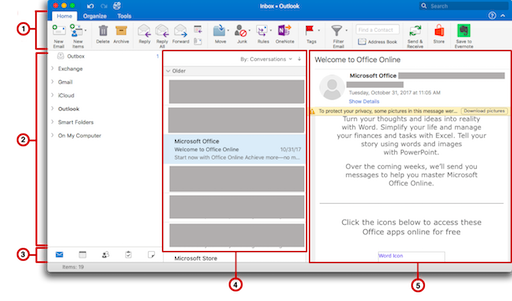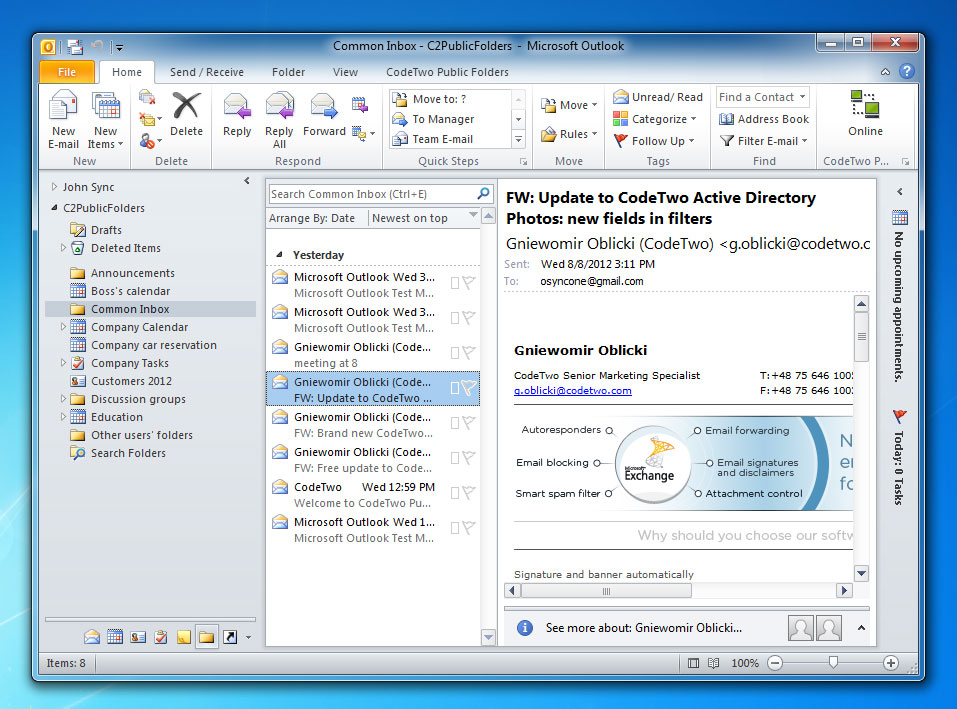
Note: Depending on the access you have been given, you may or may not have permission to make changes to the folder.

#CAN YOU CREATE GROUPS IN OUTLOOK 2011 FOR MAC SHARED FOLDERS FULL#
Reviewer - (Delegate can read items in the folder, but can't make changes)Īuthor - (Delegate can read items and create new items in the folder)Įditor - (Delegate has full access to read, create, and modify items in the folder) None - (Delegate has no access to the folder) Choose from the following Permission levels: On the "Delegate Permissions" screen, select the desired permissions for each of your folders (Calendar, Tasks, Inbox, Contacts, Notes and Journal).Type the person's name you wish to add, select it and click the Add button.Select File | Account Settings | Delegate Access.If one Delegate accepts the meeting request and the other Delegate deletes the meeting request, the meeting WILL remain on the Designee’s calendar. The other Delegate may want to move the meeting related messages to a separate folder or just delete them. However, that being said, if a person has two Delegates, we recommend that only one of the Delegates handles the meeting related messages. Note Regarding Multiple Delegates Handling Meeting Related Messages - It is not recommend to have more than one Delegate. However, to mark your time as free, right-click on the meeting and set Show Time As = Free.

Note: As the Organizer of the meeting you are a required attendee and cannot remove yourself. To work as a delegate, another Office 365 user needs to give you permission (i.e., access rights) to their Calendar, Inbox, etc.

A manager and delegate should not be configured as delegates for each other.

When using Delegates, limit the number of editor/author delegates to one or two people. If you would just like to share your Outlook Calendar, Tasks, Inbox, Contacts, Notes, or Journal with other Office 365 users, you should use "folder permissions" instead of Delegates. Delegates should be used when a person will need to receive/process meeting requests on someone’s behalf.


 0 kommentar(er)
0 kommentar(er)
